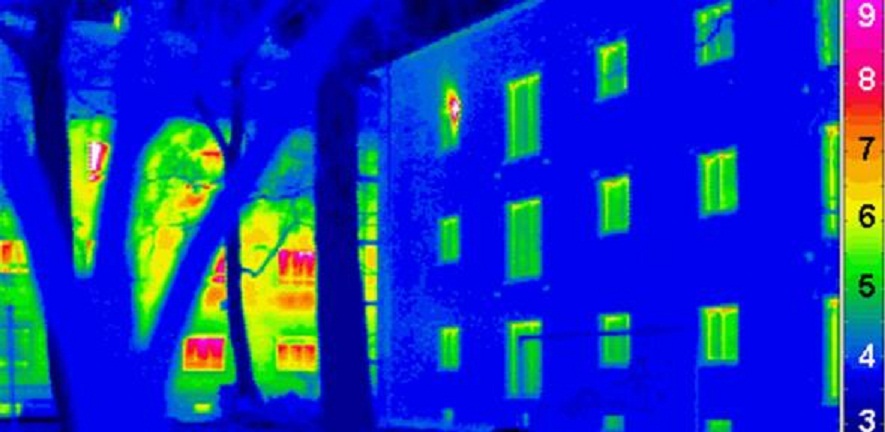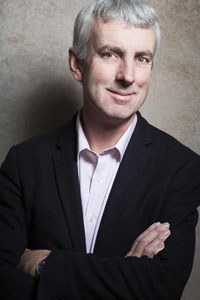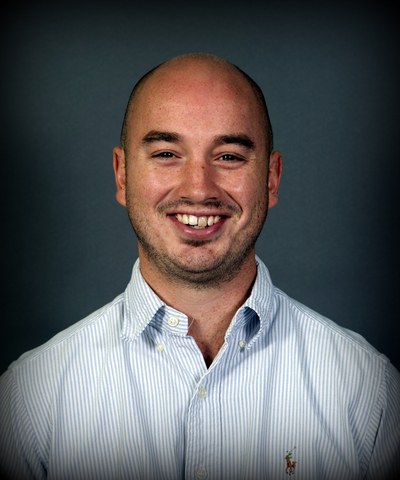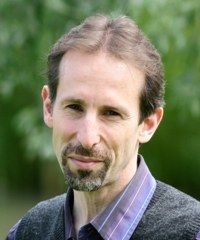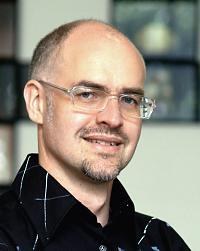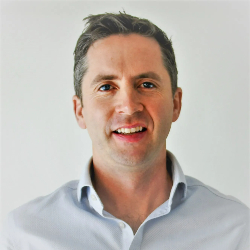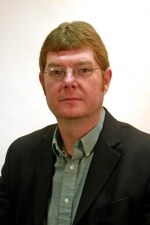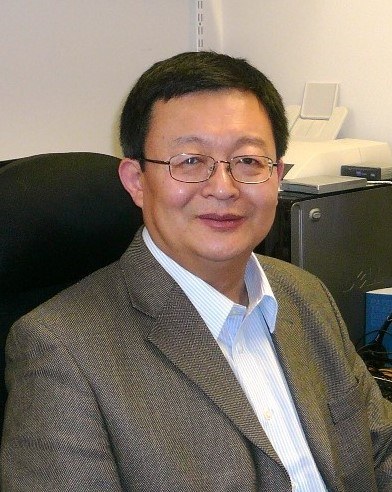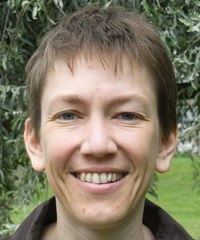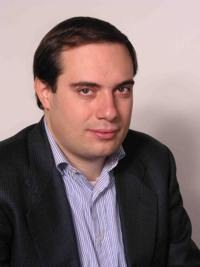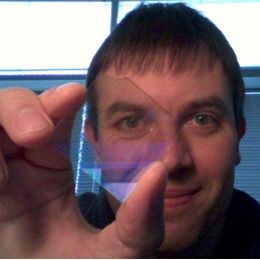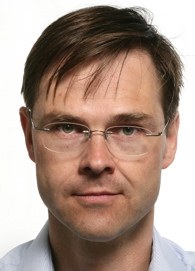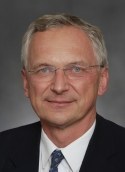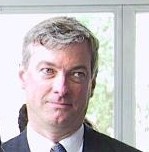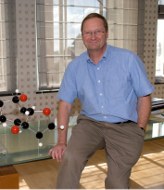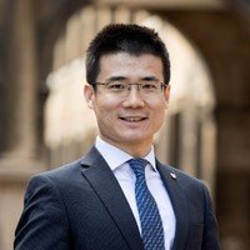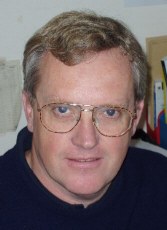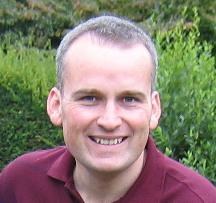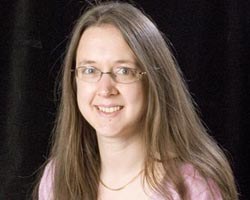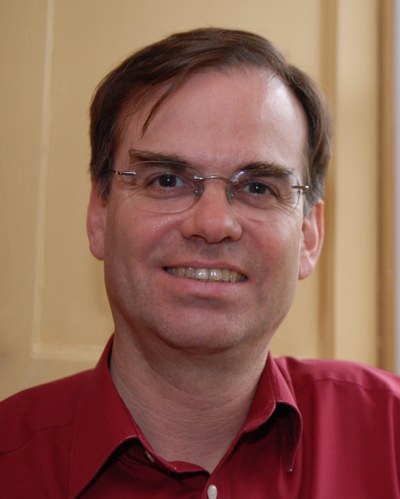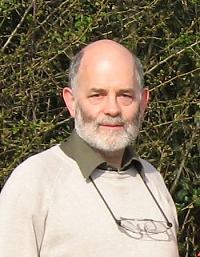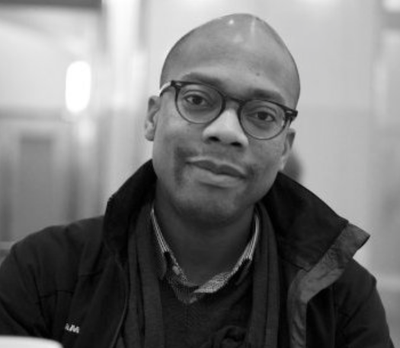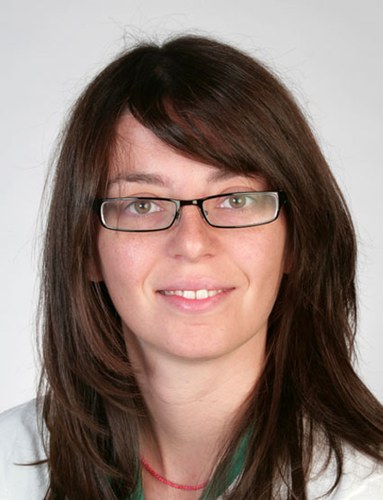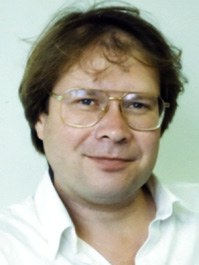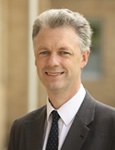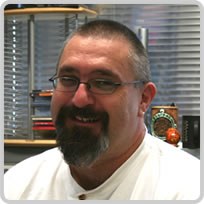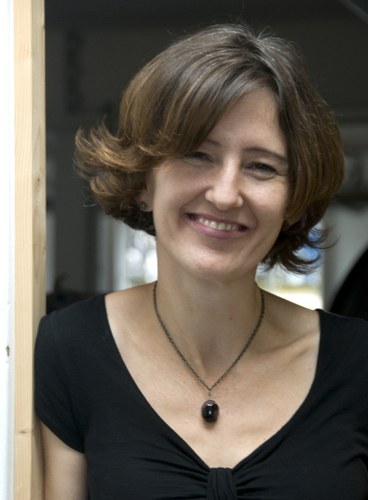Energy efficiency research at the University of Cambridge cuts across all other energy research themes. Examples of key initiatives that focus on energy efficiency include:
- Integrated consideration of buildings, transport and urban planning, including the Energy Efficient Cities Initiative, which addresses energy demand reduction in the urban environment by integrating design and development of novel technologies for energy efficient cities, with links to economic, policy and regulatory considerations.
- Energy efficient buildings, using novel design and new technologies to reduce the energy consumed in business and domestic buildings, including the Energy Efficiency in the Built Environment project and work at the BP Institute on energy efficiency for HVAC (heating, ventilation and air-conditioning).
- Investigations into energy use, emissions, environmental impact, capital and operating costs of current and future transport technology and the system wide impact of technological innovations through the use of global transport demand modelling and transport system technology assessment.
- Energy efficient chemical, refining and materials production processes, as well as energy efficient recycling processes. This research is focussed in the Departments of Engineering, Chemical Engineering and Biotechnology and Materials Science and Metallurgy.
- Investigations into global and regional energy demand scenarios and energy policy interventions to increase energy efficiency and reduce demand. Two of the largest research groups in Cambridge addressing these issues are the Energy Policy Research Group and the Centre for Climate Change Mitigation Research.
- Optimising the design of the next generation radio telescope, the Square Kilometer Array, for low power consumption and utilisation of novel renewable energy technologies in a desert environment in the Cavendish Laboratory.
Please visit individual faculty profiles to learn more about their research in the Energy Efficiency theme.
People specializing in this area
Principal Investigators
Member of the Energy IRC Steering Committee
Professor in Geotechnical Engineering
Director of FIBE2 CDT
Member of the Energy IRC Steering Committee
Professor of Nanomaterials and Aerosol Engineering
Pro-Vice-Chancellor for Strategy and Planning
Professor of Superconducting Engineering
Royal Academy of Engineering Research Professorship in Materials Physics Head of Molecular Engineering Group
Member of the Energy IRC Steering Committee
Professor of Sustainable Engineering
07879116817
Professor of Computer Science
Director of University Information Services
Member of the Energy IRC Steering Committee
Lecturer in Power Electronics
Professor of Industrial Information Engineering
Head, Distributed Information & Automation Laboratory
Head of Department
Professor of High Energy Physics
Professorial Fellow of Peterhouse
Professor of Computer Technology
Director of Research in the Department of Computer Science and Technology
Associate Members
Maxwell Centre Programme Manager
Knowledge Transfer Facilitator, Cavendish Laboratory
61669
Director, Centre for Smart Infrastructure and Construction


